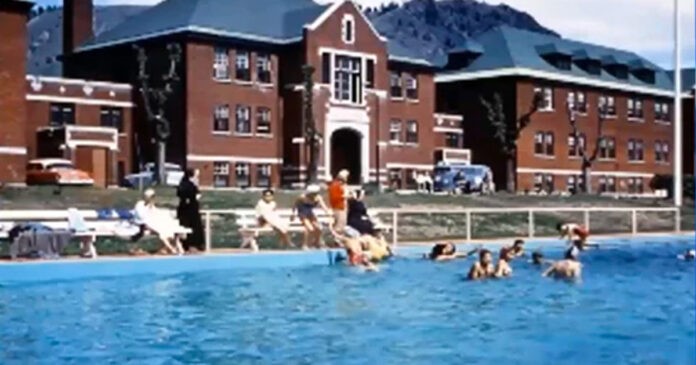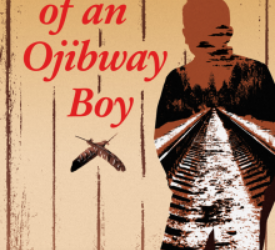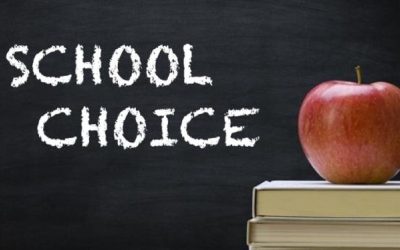Only when the truth is known can an honourable reconciliation be forged On Jan. 31, Dr. Michael Mahon, president of the University of Lethbridge, cancelled a talk that Dr. Frances Widdowson was scheduled to present. Like all scholars, Dr. Widdowson has nuanced views...
Results for "Rodney clifton"
Can We at Least Debate the Claim That Children Were Buried in Residential School Yards?
On Jan. 31, Dr. Michael Mahon, president of the University of Lethbridge, cancelled a talk that Dr. Frances Widdowson was scheduled to present. Like all scholars, Dr. Widdowson has nuanced views on many issues, and she was going to speak on “How Wok-ism Threatens...
Bill 64 is Dead, but Reform still Required
BILL 64 is dead. There is little doubt that many Manitobans were delighted when interim Premier Kelvin Goertzen tolled its death knell. Instead of dancing around the bill’s funeral pyre, government members need to seriously review the Manness/MacKinnon commission...
Was there a cultural genocide in Canada as claimed in the Truth and Reconciliation Report? Mass graves at residential schools? An interview with Professor Rodney Clifton, co-editor of “From Truth Comes Reconciliation: Assessing the Truth and Reconciliation...
Featured News
Our Health Ministers Need to Take a Lesson from Hockey Coaches
Those of you who are tired of my rants about the demise of our once great health system will be pleased to know that this is my last editorial. I am retiring from the BCMJ Editorial Board; currently, I am the longest-serving member (more than 20 years). I have been a...
Zinchuk: Oilpatch Only Spending Half What It Spent in 2014
Back in the lofty, pre-Justin Trudeau government days of 2014, back when oil was booming, pipelines were planned to east and west coasts, and Alberta and Saskatchewan were swimming in money, around $81 billion was spent in capital expenditures (CAPEX) in the Canadian...
Should the Manitoba Government Only Support Childcare?
Late last August, Susan Prentice and Jesse Hajer claimed that childcare is “an austerity victim.” In short, they say that childcare had been inadequately funded by the PC government. With advice to the in-coming NDP government, they argue that spending more money on...
A Review of: Lonely Death of an Ojibway Boy by Robert MacBain
What should reasonable people do when schoolchildren are told things that are untrue about Canadian history?
What is Missing From the Missing Children’s Story at Indian Residential Schools?
From Truth Comes Reconciliation
1967 versus 2023
Symposium – Reviewing the 1867 Project (1 of 3)
What’s the Solution to the Cultural War in Schools?
The cultural war has been in full bloom in U.S. education for at least five years. Now it has spread to public schools in Canada. This war pits left-leaning liberal teachers, administrators, parents, and school board trustees against right-leaning conservatives. The...
More Balance Needed on Personal Care Homes
Tom Brodbeck’s opinion essays (Winnipeg Free Press, July 28, 2023), rightly points out that in Winnipeg, at least, there has been “a breakdown of accountability measures to monitor the mistreatment” of residents of personal-care homes. Obviously, the physical and...
Ottawa’s and BC’s Plans for Reconciliation with Indigenous Peoples will Destroy Canada
“A government’s most basic function is the protection of its sovereignty.” – Simon Schama Internal attacks by our political and judicial elites against the sovereignty of our country’s federal, provincial, and territorial governments are placing the existence of...
Bill 35 Doesn’t Go Far Enough
In a recent op-ed (Winnipeg Free Press, May 2, A7), my colleague from the Faculty of Education, University of Manitoba, John Wiens, argued that Bill 35, The Education Administration Amendment Act, goes too far. He claims that “it begins to look like just one...
Victimhood Sells – South Africa’s TRC
The Canadian Truth and Reconciliation Commission was styled after the South African Commission which was the first commission ever established to sort through claims and counter-claims in an attempt to get at the Truth. The South African TRC was established in 1996 by...











